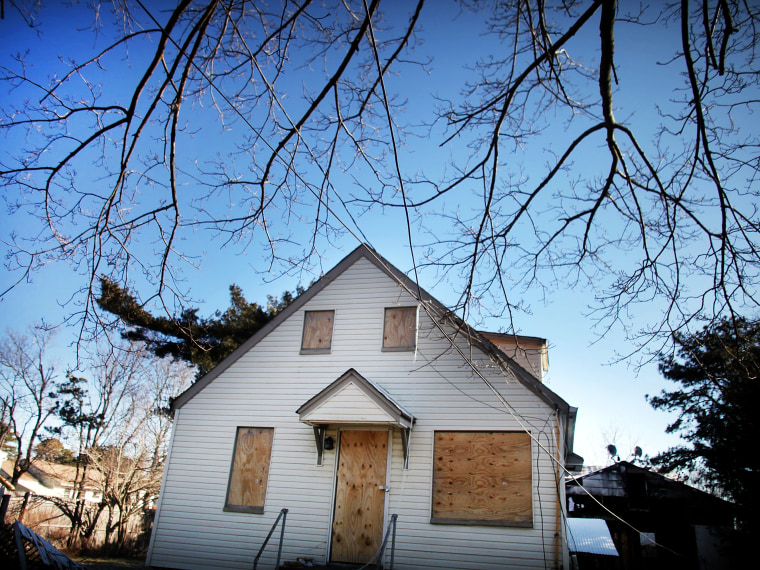As the American economy dragged itself out of recession, the country's wealthiest 1% absorbed nearly all the benefits, according to a recently updated paper [PDF] from UC Berkeley economist Emmanuel Saez.
The top 10% assumed control over more than half of all income in the United States in 2012, "even [surpassing] 1928, the peak of [the] stock market bubble in the 'roaring' 1920s," writes Saez. The country's biggest earners brought in 95% of all income gains between 2009 and 2012; in terms of income, the other 99% have barely recovered from the recession at all. In the same time period, incomes for the top 1% grew by 31.4%, incomes for the 99% grew by only 0.4%. Half a decade after the 2008 financial collapse, few but the very richest are anything but worse off.
Yet Washington, for the most part, seems to have moved on. Two months ago, President Obama declared that reversing income inequality must be Washington's "highest priority," but the issue has subsequently dropped off the map again.
Economic policy remains in a holding pattern, trending towards continued austerity. A proposal to raise the minimum wage languishes in committee, student loan rates are expected to rise over the next few years, House Republicans are set to introduce a massive food stamp cut, and Republican House Speaker John Boehner of Ohio has proposed a "non-controversial" budget plan which would avert government shutdown but extend across-the-board sequestration cuts. Meanwhile, the economy continues to gradually add more low-wage jobs, and more Americans give up on finding work entirely.
Syria might be partially to blame for sucking the oxygen out of other pressing issues; the debate over a potential military strike against the Assad regime was the subject of two recent Congressional hearings and President Obama's prime time address to the nation Tuesday. Other congressional business, including immigration reform, has also been pushed aside for now.
The inequality crisis may also seem less urgent because it is nothing new. In fact, the rich have been steadily accumulating a greater share of the country's income since the end of the 1970s. Yet rarely in American history has the gap between rich and poor been so stark; recent studies suggest that the United States may now have even higher income inequality than Tsarist Russia and the Roman Empire (not including slaves).
Watch Chris Hayes, Bertha Lewis, Founder and President of The Black Institute, Business Insider's Josh Barro, and Nobel-prize winning economist Joe Stiglitz discuss wealth inequality on Thursday's All In:
Visit NBCNews.com for breaking news, world news, and news about the economy
